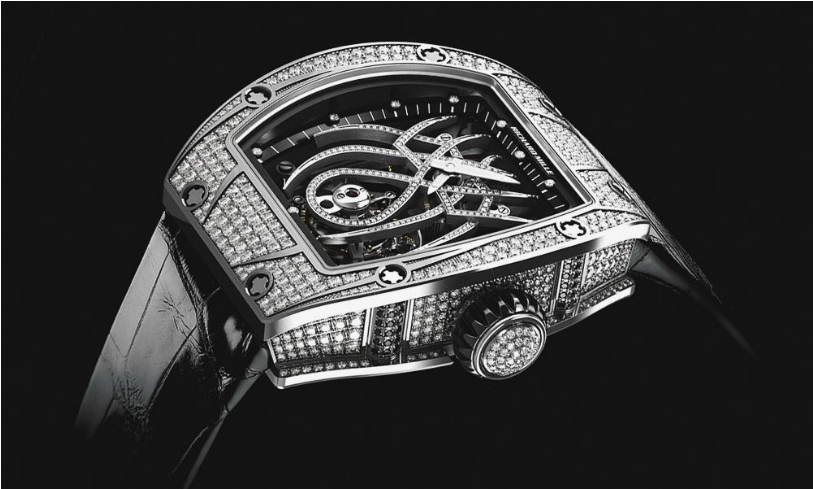For most people, a watch is a watch. It serves a useful, but nevertheless clear and constrained, purpose: telling the time, and maybe the date.
Sure, the digital revolution has created new timepiece categories. Millions of Americans now own smartwatches — devices that, not content simply to tell time, connect to the Internet, boast SMS capabilities, and help us organize our daily and weekly schedules. Some are downright fancy, selling for hundreds of dollars per piece; like the iPhones of yore, a choice few are all but impossible to keep in stock.
Pre-Owned Does It Better
No one’s saying smartwatches are a passing fad. They’re probably here to stay. However, anyone who tells you to write off their timeworn predecessors — the analog luxury timepieces that have served discerning consumers for hundreds of years — is probably selling something.
The market for pre-owned luxury watches has rarely been hotter, according to the professionals at Chronoexpert. And it’s more accessible than you think: If you own a luxury watch that you assumed had limited resale value, think again: if the piece is genuine and bears a recognizable marque, there’s almost assuredly a thriving secondary market for it. Writing in Forbes, luxury timepiece expert Ariel Adams remarks that “[i]n many ways, the pre-owned watch market is similar to that of the automobile market…[d]esirable watches in good condition can have several lives after their first owner.”
Considering adding a luxury timepiece to your accessory collection, or wondering whether the watch at the bottom of your jewelry box is worth as much as you’d like it to be? In this hot market for pre-owned luxury watches, here’s what you need to look for — and what you can do to maximize the value of your investment:
Pay Attention to Provenance
As with other luxury goods, provenance is crucial to a fair transaction. If you’re planning to sell a luxury timepiece that’s currently in your possession, try to find the original box for it (if you don’t have it on hand already). Failing that, look for the watch’s papers — the goal is to establish a complete, or nearly complete, chain of ownership. Before you purchase a pre-owned timepiece, verify that the seller can prove its authenticity.
Invest in Blue Chip Brands
Think of your luxury timepiece as a long-term investment that could well outlive you. Just as sensible financial advisors recommend stacking your equities portfolio with blue chip stocks that have proven their worth time and again, timepiece enthusiasts favor well-known brands with impeccable reputations for quality and durability: Rolex, Omega, Breitling, Cartier, and others. It’s often worth paying a bit more for a comparable blue chip watch over a lesser-known alternative — because, decades hence, that lesser-known watch likely won’t be comparable any longer.
Cut Out the Middleman
As long as you’re reasonably knowledgeable about luxury watches and you’re not seeking an ultra-rare item with special provenance (such as royal ownership), cutting out the middleman (e.g., an antiques dealer or high-end auction house) is usually a wise choice. You can:
- Buy from sellers that purchase watches directly from end-users
- Through discounted venues such as estate sales
- Best of all, from online marketplaces that directly connect buyers and sellers rapidly and securely
Are you the proud owner of a pre-owned luxury timepiece? If you have some ideas on getting into this, uh, “timely” trend, share your comments with fashiondivadesign.com.

